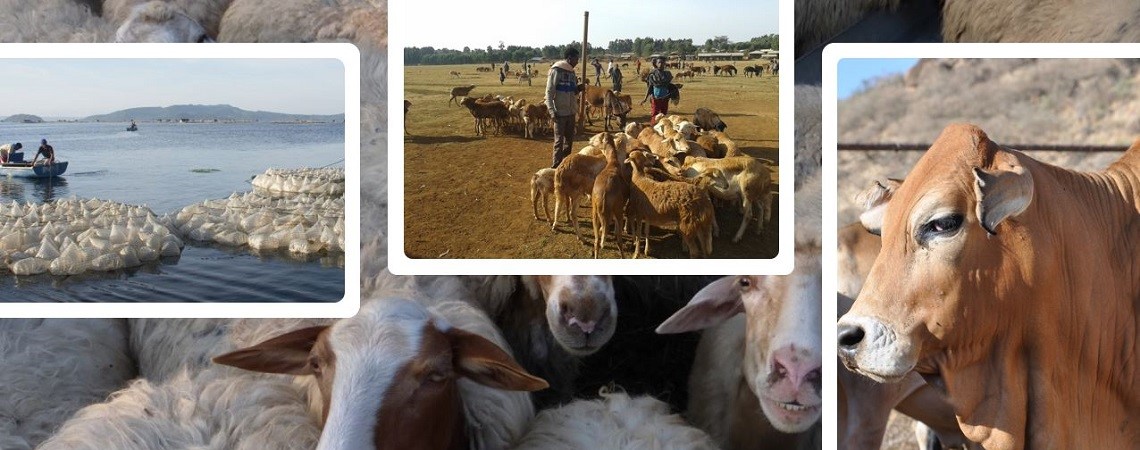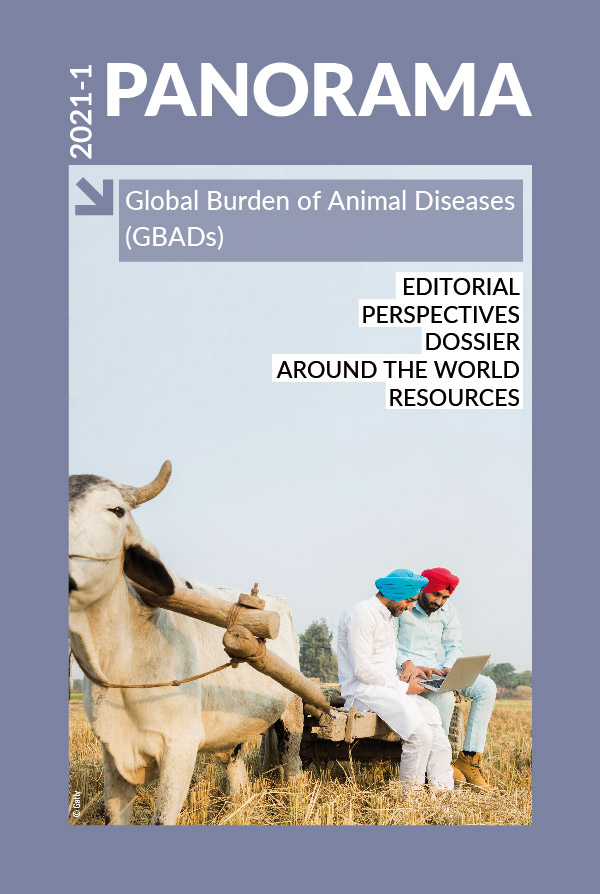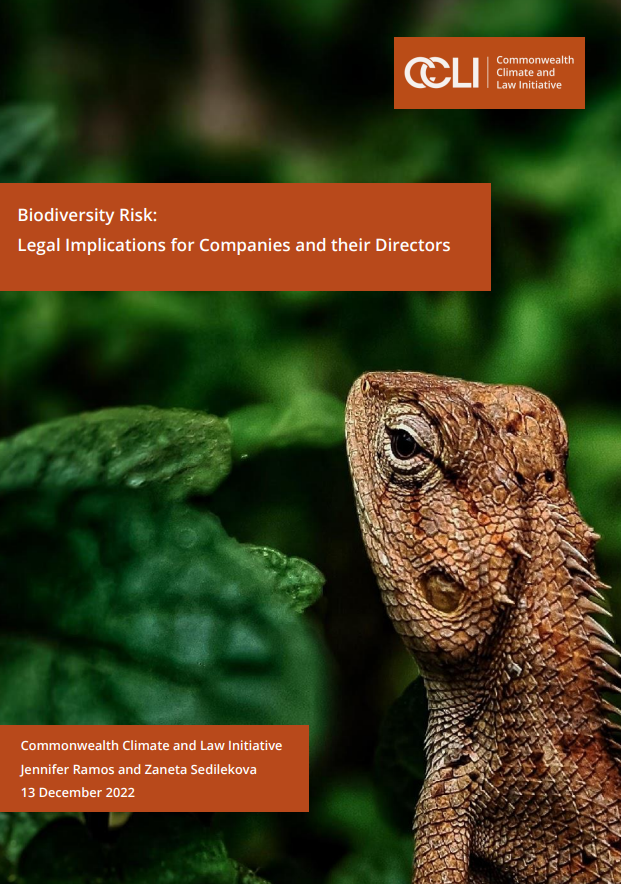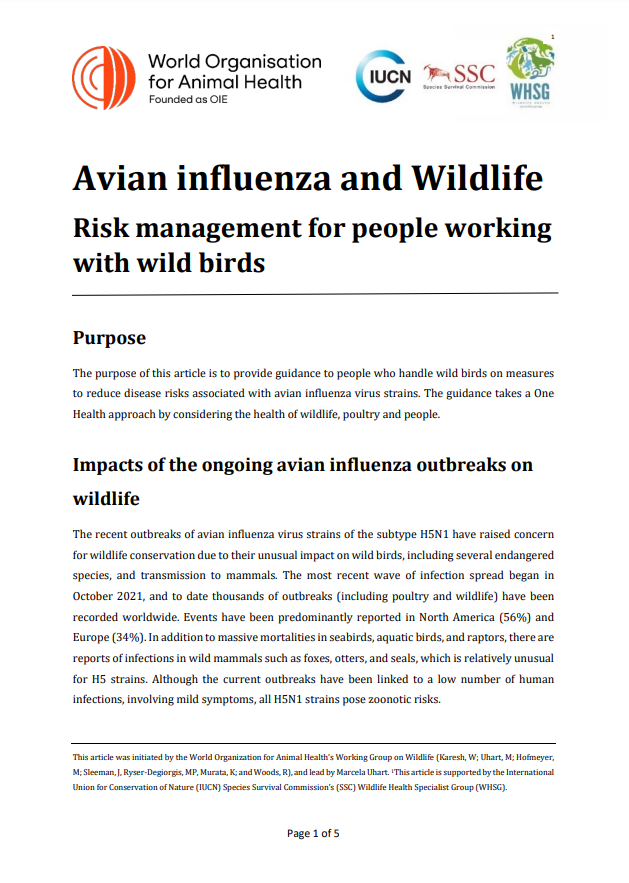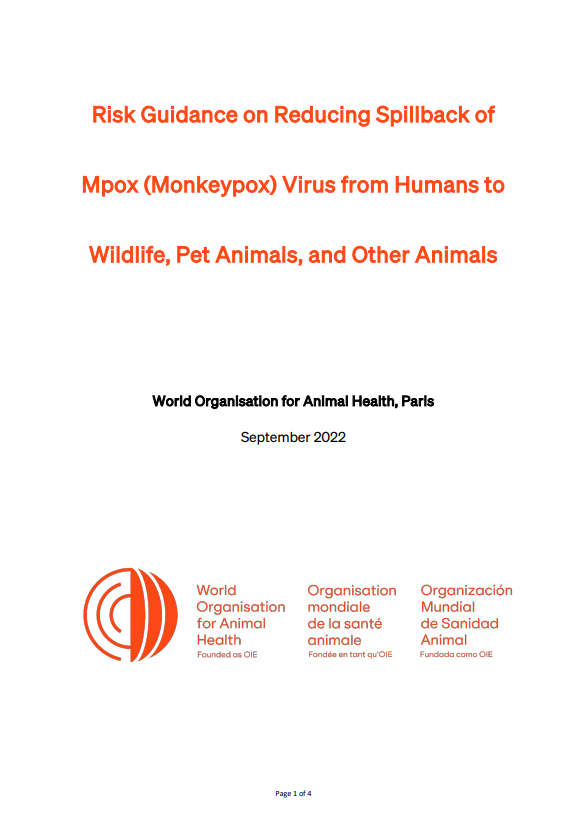Keywords
Authors: B. Huntington, T.M. Bernardo, M. Bruce, B. Devleesschauwer, W. Gilbert, A. Havelaar, M. Herrero, T.L. Marsh, S. Mesenhowski, D. Pendell, D. Pigott, D. Grace, M. Bondad-Reantaso, A.P. Shaw, D. Stacey, M. Stone, P. Torgerson, K. Watkins, B. Wieland & J. Rushton.
The full paper was published in September 2021 in Veterinary Services in a changing world: climate change and other external factors, OIE Scientific and Technical Review, Volume 40, Issue 2. Editors: Delia Grace Randolph, Hu Suk Lee & Jimmy Smith.
Summary:
Investments in animal health and Veterinary Services can have a measurable impact on the health of people and the environment. These investments require a baseline metric that describes the burden of animal health and welfare in order to justify and prioritise resource allocation and from which to measure the impact of interventions.
This paper is part of a process of scientific enquiry in which problems are identified and solutions sought in an inclusive way. It poses the broad question of what a system to measure the animal disease burden on society should look like and what value it would add. Moreover, it aims to do this in such a way as to be accessible by a wide audience, who are encouraged to engage in this debate. Given that farmed animals, including those raised by poor smallholders, are an economic entity, this system should be based on economic principles. Subsistence farmers are negatively impacted by disparities in animal health technology, which can be addressed through a mixture of supply-led and demand-driven interventions, reinforcing the relevance of targeted financial support from government and non-governmental organisations.
The Global Burden of Animal Diseases (GBADs) programme will glean existing data to measure animal health losses within carefully characterised production systems. Consistent and transparent attribution of animal health losses will enable meaningful comparisons of the animal disease burden to be made between diseases, production systems and countries, and will show how it is apportioned by people’s socio-economic status and gender. The GBADs programme will produce a Cloud-based knowledge engine and data portal, through which users will access burden metrics and associated visualisations, support for decision-making in the form of future animal health scenarios, and the outputs of wider economic modelling. The vision of GBADs – strengthening the food system for the benefit of society and the environment – is an example of One Health thinking in action.
DOI of the original article: https://doi.org/10.20506/rst.40.2.3246




